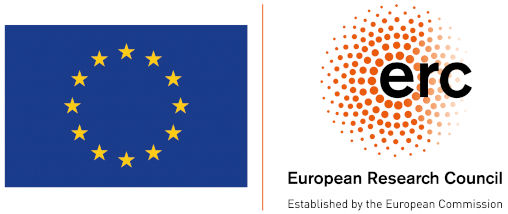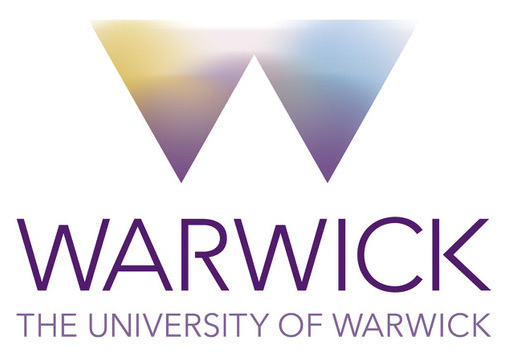Qualification for entry to higher education
The most common qualification for entry to higher education is the General Certificate of Education at ‘Advanced’ (A)-level (including the Advanced Supplementary). Other qualifications for entry are the Advanced Vocational Certificate of Education, the kite-marked Access Certificate or other qualifications located in the National Qualification Framework (NQF) level 3 Advanced. A-levels are normally taken by students in their 13th year of school or at a college of further education and comprise up to three or four specialist subjects studied in considerable depth, involving coursework and final examinations. Part-time and mature students may enter with these qualifications or alternatives with evidenced equivalent prior learning and experience. Institutions will admit students whom they believe to have the potential to complete their programmes successfully, and set their requirements for entry to particular programmes accordingly.
Levels of qualifications awarded by city university (Level 3 = A-Levels, 1 and 2 = Lower-Level qualifications):
Level 8 Specialist awards: D (doctoral) Doctorates and Master of Philosophy Degrees (PhD, MPhil). It corresponds to the Third cycle in the European Higher Education area.
Level 7 Diploma: M (masters) Masters Degrees, Postgraduate Diplomas and Certificates. It corresponds to the Second cycle in the European HE area.
Level 6 Diploma: H (honours) Bachelors Degrees, Graduate Diplomas and Certificates. It corresponds to the First cycle in the European HE area.
Level 5 BTEC Higher National Diploma: I (intermediate) Diplomas of Higher Education, Foundation Degrees. It corresponds to a Short cycle in the European HE area.
Level 4 Certificate: C (certificate), Certificates of Higher Education.
La traduction en français n'est pas encore disponible.
Deutsche Übersetzung ist noch nicht verfügbar.
- NARIC: https://www.naric.org.uk


